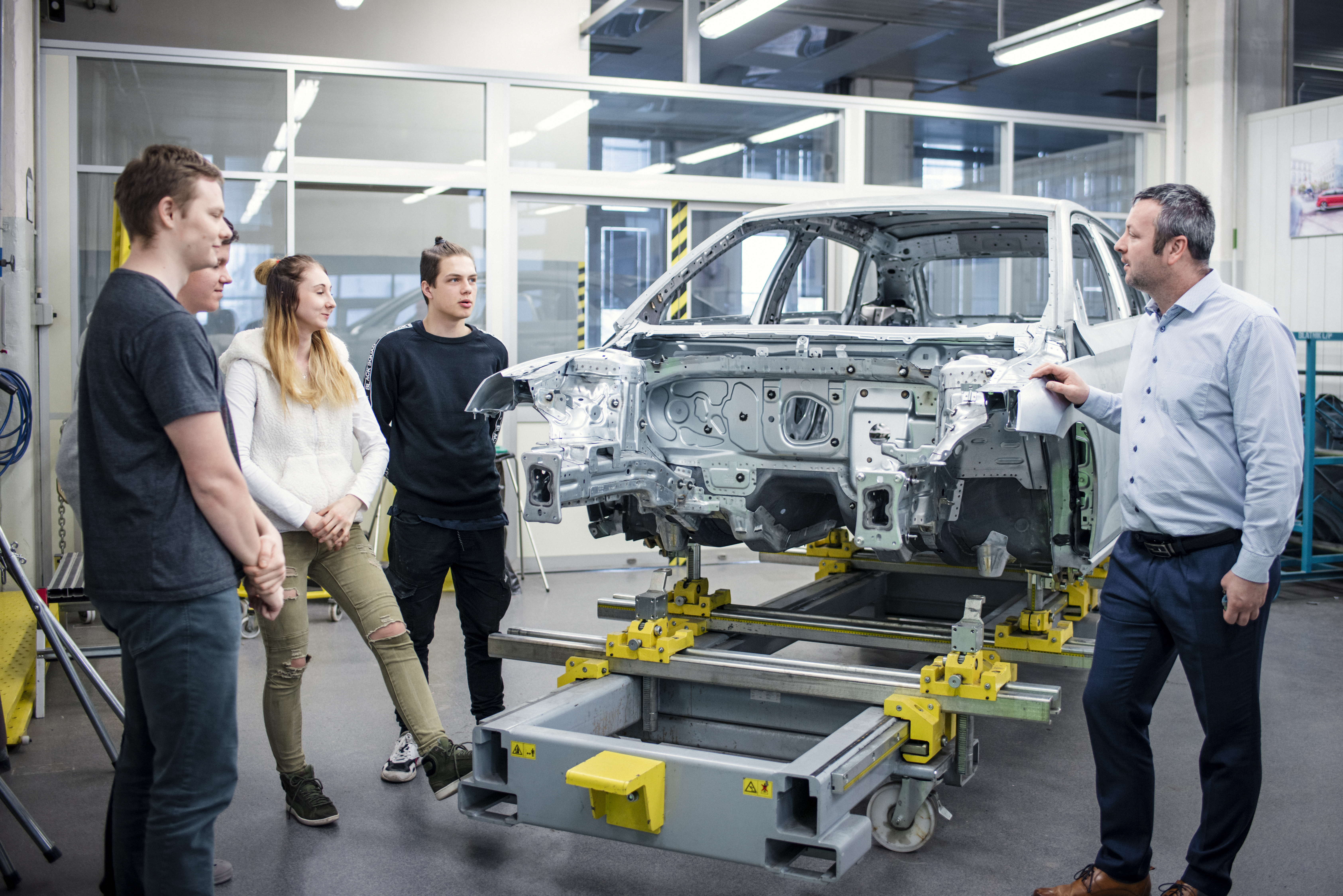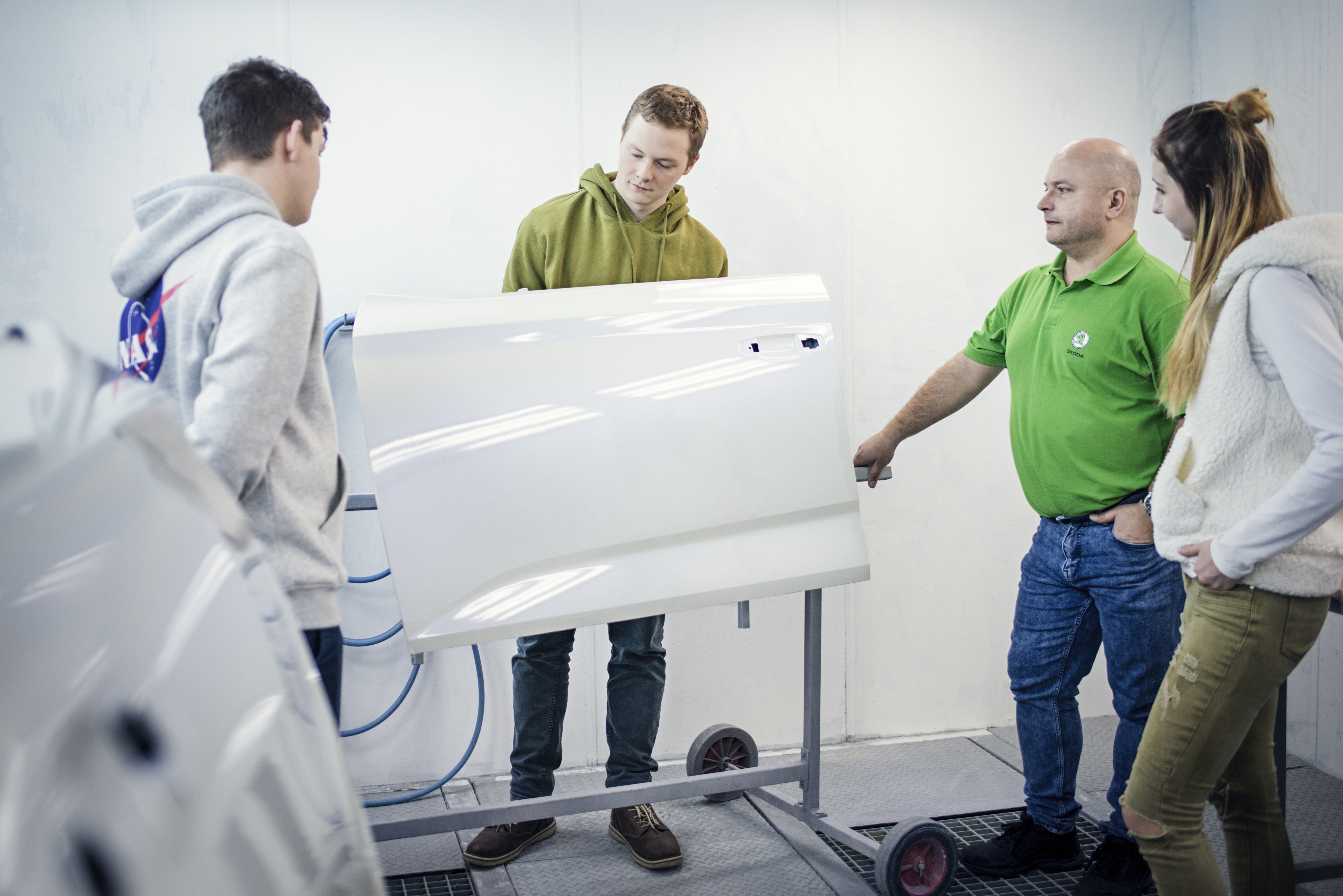Does the project change from year to year?
Yes and no. Some processes have been taking place for so long that we’ve ironed out all the glitches, more or less. We’ve improved the working of the team and it’s fair to say there’s less work with that than there was before. On the other hand, every new year brings major challenges, not so much on the part of the team as with the brief, looking for an idea and executing it. Obviously there are also everyday changes that can’t be prepared for. But over the seven years it’s become a kind of trade we’ve learnt – we know how to go about things. But it would be very wrong to say the work takes care of itself.
Do you still enjoy it after all these years? What do you get out of the project?
I like working with young people, otherwise I wouldn’t teach here. Of course I enjoy it. It’s also a challenge for me – I want every year to be better than the previous years. I also like watching the changes: at the start we have a team of wide-eyed schoolkids who only know that they’d like to build some kind of a car. By the end they’re a team of self-confident young people who can present and stand up for their ideas, challenge each other, plan, improve and find compromises and adapt to others. The project doesn’t last all that long, so the change as they grow is all the more noticeable.
What’s the hardest part for you?
Overseeing communication within the team so that everyone passes on all the necessary information. That often doesn’t happen, and it’s up to us mentors to be able to guarantee it and help the students choose the right path. We also watch to see who plays what role in the team, and then we spend a long time deliberating and discussing which of the twenty active participants should be chosen to make the final presentation – because they all deserve it. We have to think long and hard who to choose for which role, so that they see it as recognition of their hard work.
I’d like to raise one more point: the specialist teachers play an absolutely crucial role in the project. They create the car together with the students. They are also the first critics, the ones who have to say: this is a good idea but that one is a dead-end. They give the students feedback they otherwise wouldn’t get.



























